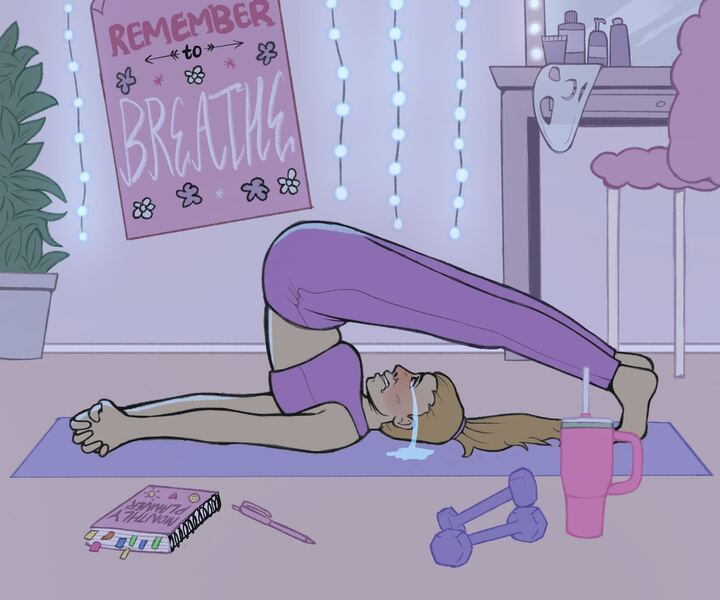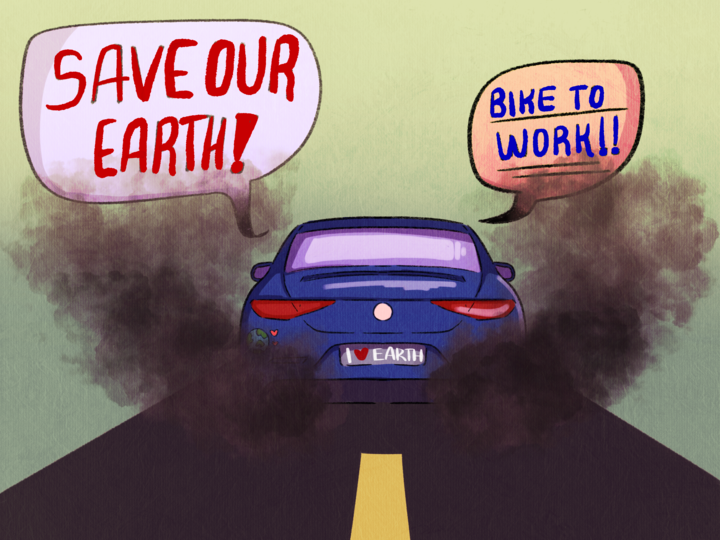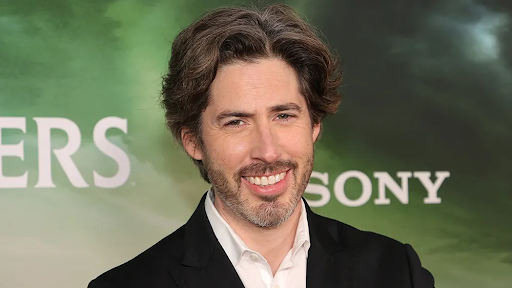If you still believed that Democrats might actually be the champions of democracy that they frequently claim to be, this year’s second presidential debate should fix that. The debate took place at 6:00 p.m. MST on Sept. 10 and was hosted by ABC News at the National Constitution Center in Philadelphia. On Tuesday, we witnessed the same old Trump, but Harris has proven to be no saint herself and voters should be skeptical about whether she will deliver on her many optimistic promises.
“Do you believe Americans are better off than they were four years ago?” was the first question ABC moderator David Muir asked Vice President Kamala Harris regarding the economy, and instead of answering this question, Harris said she was “raised a middle class kid,” and she was “actually the only person on this stage who has a plan that is about lifting up the middle class and working people of America.”
Harris then proceeded to peddle her usual lofty rhetoric about how she is best equipped to promote belief “in the ambition, the aspirations, the dreams of the American people. “And that is why I imagine and have […] a plan to build what I call an opportunity economy,” Harris said. Much like the presidential debate in June, both candidates dodged questions and diverted into redundant and vague promises, and then accusations and attacks.
Harris has made it clear that, while campaigning as the candidate of truth and morality, she is perfectly comfortable picking up that “playbook” she described Trump as using, but which she herself appears to have a copy of.
I am a Democrat by default. Obama speeches floated around the periphery of my childhood. And as long as I’ve been tuned in, our politics has been defined in large part by Donald Trump. I saw the Democrats as the protectors of democracy against our former president and his party. I have been perplexed by Americans not coalescing easily around the Democratic Party in the name of truth, reason and democracy. The more I see of the Harris campaign, however, the more difficult it becomes to justify my original allegiances.
The best defense is a good offense
Very early on in the debate, Harris began to weave her narrative and introduce favorite Democratic talking points, telling viewers what to expect from Trump. Harris told voters, “What you’re going to hear tonight is a detailed and dangerous plan called Project 2025 that the former president intends on implementing if he were elected again.” Trump followed by denying any such intention, which he has already done several times prior to the debate.
Again, Harris claimed, “if Donald Trump were to be reelected, he would sign a national abortion ban.” Trump contested that he will not, and that there is no reason to do such a thing. “I’m not in favor of an abortion ban,” Trump explained, “but it doesn’t matter. Because the issue has now been taken over by the states.”
Of course, why believe Trump? Perhaps it is perfectly reasonable to assume that Trump might go all in on Project 2025, or sign a federal abortion ban. Certainly, Trump’s record reveals no cohesive ideology against which we might confidently discredit these accusations. But our inquisitor and crusader is guilty of the same here.
When questioned on why she has pivoted on issues of gun control, fracking and the border since her 2020 election bid, Harris said, “my values have not changed” — the same that she insisted in her interview with Dana Bash in late August. Harris has presented herself as a unifying candidate, and “a president for all Americans,” but Republicans and conservatives should rightly be wary about her inconsistency, as Harris seems unable to justify her positions.
Substantively, the debate was boring. Harris and Trump lobbed insults and accusations at each other and answered as few of the questions as they could. Trump started off strong, fairly effectively relaying points about devolving power to the states and pushing back on Harris’ claims. But once Harris successfully baited him by insulting his rallies (yes, Trump style), she was mostly able to sit back and run idle commentary on Trump’s absurd rants.
Where has Kamala Harris been since 2020?
Despite relating to the very first question of the night and coming up periodically throughout the debate, Trump was unable to make criticisms of Harris’ term as Vice President stick. Overall Harris won big here, though Trump did manage to collect himself and address the issue in closing statements:
“So she just started by saying she’s going to do this, she’s going to do that, she’s going to do all these wonderful things. Why hasn’t she done it? She’s been there for three and a half years…she should leave right now and go down to that beautiful White House, go to the capitol, get everyone together and do the things you want to do but you haven’t done it…”
It would hardly be appropriate for Harris to just walk out of the Constitution Center right then and there, and there is only so much she can do as Vice President. But the question stands: Harris promises that all sorts of bold ideas and plans will be unleashed upon her victory, but why have these things been so poorly represented in the sitting administration she is a part of, and the democratic party at large? Why should we expect that a Harris-Walz administration will be suddenly so much more effective than the Biden-Harris administration when it has managed only to get us exactly where we are now: apparently at the brink of autocracy?
Although Democrats have been prone to invoke existential crises to garner support, Democratic breakdown is their own track record. Even in 2016, Trump’s first election followed eight years of Democratic leadership. So voters should think very hard, not just about whether they are better off now than they were four years ago, but what have Democrats — the self-purported arbiters of truth and reason and democracy — done that has ever brought anything but increasing instability to our politics? And how would we be any better situated after this election, or in four years hence to legislate, or to heal our democratic discourse?
Democrats’ actions don’t make sense
Riding a wave of undeserved enthusiasm, Democrats have avoided as much as possible explaining exactly the finer whats and hows. As much as possible, they have avoided any sort of thoughtful plan, fearing that any definition would undermine the saliency of her precarious, vibes-focused message (a red-flag in and of itself, and an insult to voters’ intelligence).
Democrats have not sought to build the kind of bipartisan coalition that would open the door to get past deadlock in Congress and pursue meaningful reform. Instead of moving to the middle and reaching out to conservatives on the center right who might be kicking themselves over Trump, Democrats have chosen to fire up their base. If anything, recent developments represent a further shifting to the left, Harris herself having the second most liberal voting record in the Senate during her 2019-2020 term.
The Harris campaign has relished instances of Republicans throwing their support behind the Vice President as if evidence of our chipping away at a small, backwards hold-out. But why have we converted so few, out of almost half our population that is not on board? And why has it taken so long?
Harris is trying to bludgeon through the same old liberal agenda while digging our nation into a deeper hole regarding the conditions that have brought us to this point in the first place. One election will not usher in some new golden age. As Harvard political professors Steven Levitsky and Daniel Ziblatt describe in their 2023 book, “Tyranny of the Minority,” several decades have contributed to our gradually decaying politics through the erosion of democratic norms and hardening partisan lines. Trump is not so much a problem as the primary system that catapulted him to the top of the GOP, and the polarization that pervades our politics.
Far from being the champions of Democratic values, Democrats’ deployment of hollow populist appeals, personal attacks and personality over policy betrays an unserious-ness concerning our deeper problems and any prospect of preservation, much less healing. At best, they demonstrate delusional optimism about the stakes of the November election.
“It’s about having a plan,” Harris says, and “Trump has no plan for you,” Americans (other than Project 2025, supposedly the ultimate plan). But what is Harris’ plan? Other than throwing money at every hot issue and shifting rhetoric from illegal immigrants to corporations, what exactly does a Harris presidency look like, and what does it do for us? During the debate, Harris liked to talk about what voters “deserve.” She doesn’t, however, seem very interested in giving it to us.
Follow the Daily Wildcat on Instagram and Twitter/X









